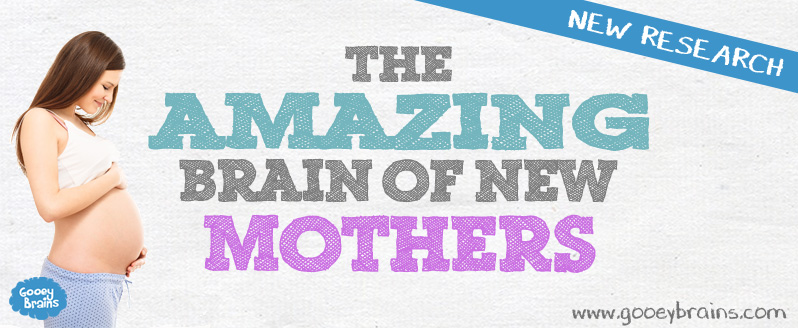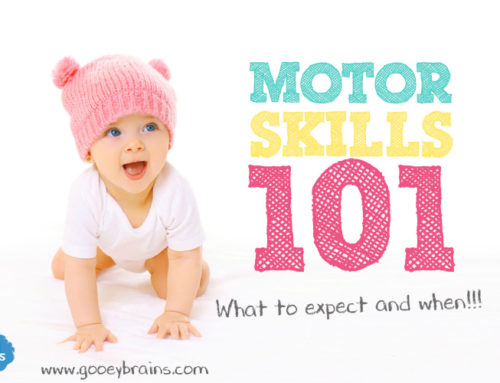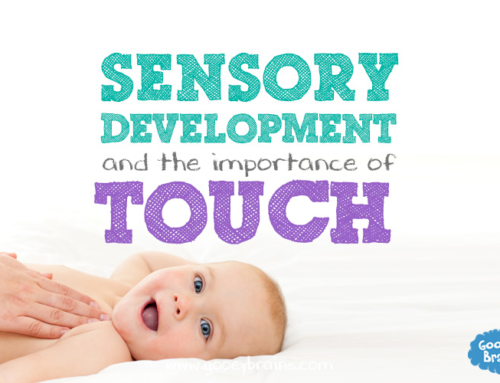Is it “Baby Brain” or an amazing demonstration of neuroplasticity?
A new article published by Scientific American Mind this month redefines Baby Brain! Professor Laura Glynn refers to the phenomenon known as Baby Brain or Pregnancy Brain which is typically described as a period of forgetfulness among expectant mothers. She noted that although there is still a lot of research still to be completed about this phenomenon many women do show a decline in some cognitive skills during pregnancy.
Now here is the really interesting part. Although we see a decline in some cognitive skills in expectant mothers, scientists are starting to note considerable growth in other brain areas and other skills during this time. It is thought that the brain is diverting its resources to learning and reshaping itself to prepare for the role of parenthood! In fact, professor Glynn stated that…

This new perspective is very exciting in terms of learning about the amazing properties of the gooey plastic brain. The research is suggesting that pregnancy initiates a very special time of neural restructuring in women. Specifically, increased volume in the brain areas of the hypothalamus, the amygdala, and the striatum have been recorded in women in the first few months after giving birth. These brain areas play important roles in emotional regulation. Changes have also been noted in the brain areas responsible for protective instincts as well as decision making.
We are also seeing that women who are pregnant may display a reduced or blunted psychological and physiological response to stress. This protection against the stress response is continued after the baby is born by the hormones of breast feeding. Other research has shown that pregnant women develop better skills at recognizing states of disgust, fear and anger. It’s still early days in terms of interpreting what all of these brain changes mean for mums, babies and families. What is clear is that it is a very dynamic time for the brain that is likely linked to increased maternal responsiveness to the environmental needs and survival needs of the infant.

Adapted from Scientific American Mind: May 1, 2016






